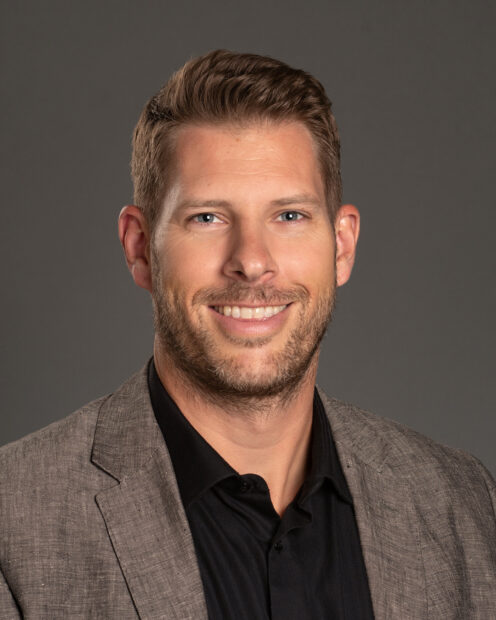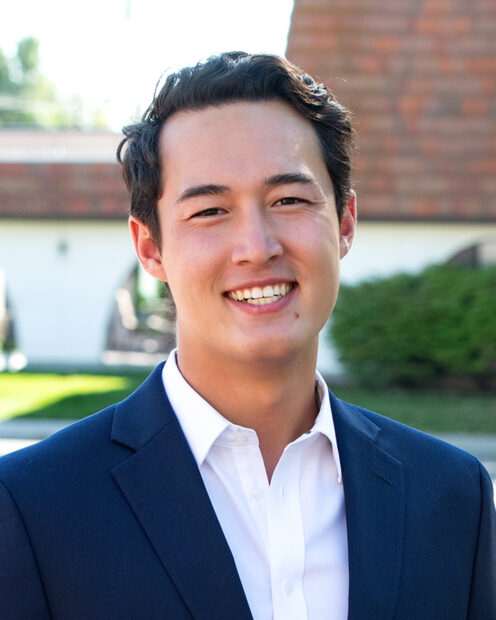(UPDATED, 2:34 p.m., with cost figures from Boise State University.)
The pandemic didn’t create new mental health issues on campus, says Matt Niece, Boise State University’s director of counseling services.
Instead, the pandemic intensified existing issues, such as anxiety, depression and trauma. Loneliness and homesickness — already a priority for Boise State counselors, pre-COVID — only became worse. Students felt physically alone, and isolated in a polarized, politicized climate. “People are a lot more reluctant to be vulnerable because everyone’s walking around with their gloves up,” Niece said.
And so, the demand for mental health services has increased, and intensified. Niece sums up the past two years in one painful refrain. “My mind goes immediately to suicide prevention.”
Niece’s stretched department will add counselors for the 2022-23 school year. A team accustomed to paying the bills through insurance collections will get an infusion of support from student fees.
It’s a story of campus consensus — as university administrators and student leaders have coalesced around the need to address mental health.
A stretched department
The stigma surrounding mental health is easing, and more people are willing to ask for help — and as Niece is quick to note, that’s a good thing.

But it also adds more strain on Boise State’s stretched counseling department. And it creates a bottleneck at the start of the process. A caller often has to wait four up to six weeks for an initial intake session, and after that, another two weeks for a full, counseling session. In other words, a caller who makes the decision to seek help — sometimes after hitting a crisis point — often waits two months before counseling can begin in earnest.
The new hires should cut into the wait times, Niece said.
Boise State is adding five staffers: four counselors and a psychiatric nurse practitioner. The university is still interviewing for two counselors, and those positions probably won’t be filled when fall classes begin on Aug. 22.
When the four new counselors are on staff, Boise State will have 13 ½ full-time counseling positions. However, Boise State still won’t meet accreditation standards.
Colleges and universities should make “every effort” to have at least one full-time, professional counselor for every 1,000 to 1,500 students, the International Accreditation of Counseling Services says in its written standards.
Boise State’s counseling staff serves more than 25,000 students, as well as faculty, staff and dependents.
Where the money comes from
Boise State student fees will fund the new positions.
While in-state, undergraduate tuition will be frozen for the third consecutive year, that freeze does not extend to student fees. Fall fees at Boise State will increase by $304 — by far the largest increase among the state’s four-year schools.
The $4.9 million in newly generated student fees won’t all go into counseling. For example, Boise State will use some of the money to address gender equity issues in athletics. About $575,000 will fund the new counseling hires.
A consensus behind counseling

In March 2021, Kenneth Huston ran for Associated Students of Boise State University president, and promised to find funding for one new mental health counselor.
“Our money is just as limited as anyone’s, especially this year. We want to still dedicate those funds in (ASBSU’s) budget, that is non-negotiable, to fund one of those positions,” Huston told Boise State’s student newspaper, The Arbiter.
Huston and running mate Sarah Smith were elected. A year later, Huston spoke before the State Board of Education, advocating for a fee increase that would help hire five mental health staffers.
Despite his reservations about Boise State’s budget structure — and using tuition and fees to cover more than half of the university’s bills — Huston urged the State Board to pass the higher fees and address mental health.
“These increases are critically needed,” Huston said.
The State Board unanimously passed fee increases for all the four-year schools, including Boise State.
There is a consensus behind the Boise State counseling hires, with credit shared freely.
Niece gives a piece of the credit to university President Marlene Tromp. When Niece was involved in interviewing presidential candidates in 2019, Tromp vowed to address student mental health. “(And) she’s following through,” Niece said.
Huston gives credit to administrators. During his address at commencement in May, Huston singled out senior associate dean of students Lauren Oe and Niece, “for your fight to ensure the minds of our students are well cared-for in this environment of mental health crisis.”
Niece, in turn, calls Huston a “great advocate” for student mental health.
Which puts Niece in the position of filling student-funded positions. He says he’s not surprised by the student funding, but he is thankful.
“It’s definitely not unusual in terms of other counseling centers across the country,” he said. “It might be a little bit unusual for Idaho, where there’s still that sort of tough-it-out mentality, go it alone, pull yourself up by your bootstraps mentality. …
“(But) the generation mindset is changing. The stigma is going down. Mental health, just that term, is on top of mind for all students. Now it’s just sort of baked into all conversations.”
Kevin Richert writes a weekly analysis on education policy and education politics. Look for his stories each Thursday.
